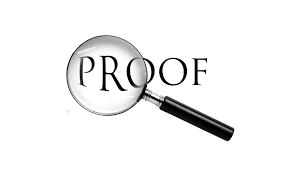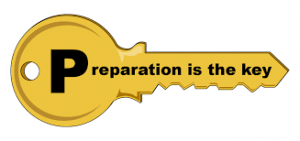Its the end of the holidays. Youve enjoyed a few weeks off and unfortunately, the sun, sea and sand of the last month is soon to be a distant memory as you move forward into September and prepare for the latest UCAS cohort to begin their applications.
Sorry, to bring you back down to earth with a UCAS bump. But if you put your Pina Colada

down for a moment, there is a way that Kloodle can help.
Every year, I try to refine the process and subsequently create an ever-growing list of dos and donts for newbie applicants. The form filling is only the first hurdle. What does Student Support Arrangements mean? What is my fee code? Its not showing the course I want at the institution I want to go to . And so it continues. In my

case,
75 times over. And just when you start to see the finish line on the horizon, you hear the dreaded words Personal Statement muttered and know that youre back at square one.
This year though, I have done something different.
And it has made the whole process significantly easier.
Ive used Kloodle.

College is a transitionary time for many. School has finished and students have their results. Some are happy??some disappointed. But they come to college ready for a change. No uniform. No bells. No having to study a subject you dont like. It heralds a fresh start, a clean slate. The start of their Kloodle profile.
Students were informed at the start of their first year that they had to stay on top of their Kloodle profiles because it was the only way that they could prove

all of the claims that they would be making 12 months down the line when making a UCAS, apprenticeship or employment application. Students were responsible for updating Kloodle with their activities, work experience and voluntary work as proof of their involvement, interests and extension activities. If it wasnt on Kloodle, I wasnt prepared to support it and I certainly wasnt going to discuss it on my reference.
We had an epiphany!
In using Kloodle, students started to write their Personal Statement from day 1. Their bio acted as a scaffold to start the writing process. Their top 3 achievements had already been prioritised and provided me with points to refer to in my reference. Blogs, photos and documents provided a ready source of evidence to support the students interest in a course.

No longer did I read, I have long been fascinated by [insert subject] or I have a genuine passion (how I hate this word!) for . as students could prove their claim and write confidently, evidencing their subject interest without making grandiose and subsequently, naïve claims, that made admission tutors and recruiters sigh in frustration.
At key intervals throughout the year, we revisited Kloodle profiles??usually following key college calendar events. Skills weeks, enrichment week and key assessment weeks all provided a rich source of activities for blogging and skills tagging.

Regular updates following subject support and extension classes gave students time to reflect on their learning and catalogue their extra reading to evidence their industry and reward their enthusiasm. Work experience and relevant enterprise was evaluated and skills discussed through a meaningful, retrospective lens.
And by the end of the first year, students had full profiles. There was no last minute panic or frantic activities taking place. There was a reassuring absence of blank faces when students were questioned about their skill-set and how these had been exhibited. There were no ultimatums when requesting the submission of Personal Statements. Students were proactive throughout the year and understood the concept of creating a professional Kloodle profile.
Students were prepared.

Staff were confident.
The process had improved.
